Making financial services meet the needs of the world’s most vulnerable
People living in poverty constantly juggle an evolving set of risks and crises in their daily lives. Climate change, the pandemic, and the ongoing food crisis, among others, have increased these risks substantially, contributing to a rise in global poverty and inequality. Meanwhile, a third of the world’s adult population lacks the financial services they could use to significantly improve their lives. CGAP is working to change this, and we believe that positive trends in inclusive finance offer hope for a green, resilient, and inclusive future.
Financial inclusion is becoming more feasible for many excluded and underserved micro-retailers, thanks to the emergence of new B2B e-commerce companies that are digitizing the final stage of the fast-moving consumer goods (FMCG) supply chain. This report outlines various business models that incorporate last-mile retailers into digital ordering platforms, offering them convenience, transparency, and a wide range of products.
Innovation drives progress, but the law shapes it. CGAP has been exploring the intersection between regulation, innovation, and financial inclusion through research on what makes some regulators better equipped to deal with innovation than others.
In Côte d’Ivoire, Wi-Agri empowers women farmers with digital tools and on-the-ground support. By understanding the challenges rural Ivorian women face, Wi-Agri is able to design for them rather than around them.
Inclusive finance can bolster resilience and unlock opportunities for low-income people in fragile countries. CGAP identifies three levers of change for funders: leveraging humanitarian cash transfers, understanding informal financial services, and improving local market facilitation.
Featured Topics
An inclusive financial system empowers vulnerable people to pursue their own climate resilience strategies, making it an absolute necessity for a just transition.
Emerging evidence shows that data trails generated by poor people can be harnessed for developing inclusive financial services. Learn what CGAP is doing to unlock how data can be leveraged to catalyze financial services that reach poor and underserved people at scale and in a responsible manner.
Rural women face disproportionate threats from climate stresses and shocks compared to men.







